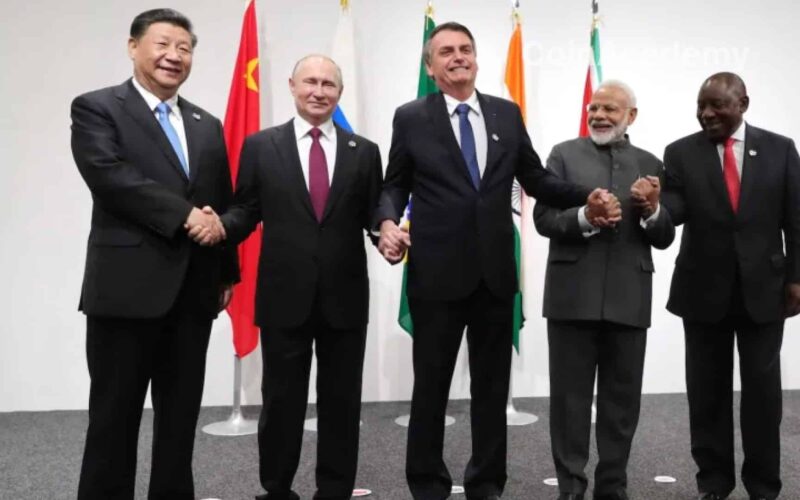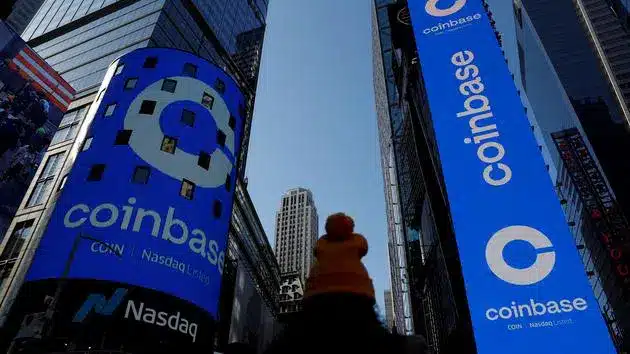In a strategic move aimed at reducing their dependence on the US dollar, the key members of the BRICS group (Brazil, Russia, India, China, and South Africa) have announced their plan to develop an innovative payment system based on blockchain and digital technologies. This initiative, revealed by the Russian news agency TASS, marks a crucial step in the collective effort to strengthen the financial autonomy of the bloc.
A Clear Objective for the Financial Future of BRICS
We believe that creating an independent payment system for BRICS is an important goal for the future, which would be based on cutting-edge tools such as digital technologies and blockchain. The key is to ensure that it is convenient for governments, ordinary people, and businesses, as well as cost-effective and free from politics.
Yury Ushakov, Kremlin advisor
Yury Ushakov, Kremlin advisor, emphasized the importance of this initiative in an interview with TASS, stating that creating an independent payment system for BRICS is a major goal. The focus is on adopting modern tools such as digital technologies and blockchain to design a system that is practical and accessible to governments, the general public, and businesses, while remaining cost-effective and politically neutral.
Reducing Dependence on the US Dollar
For some time now, the BRICS group has been working to reduce its dependence on the US dollar in its transactions, a process known as “de-dollarization.” This new initiative is part of a series of actions aimed at strengthening the role of BRICS within the international monetary system. Yury Ushakov also mentioned ongoing efforts to develop the Contingent Reserve Arrangement, favoring the use of currencies other than the US dollar.
Towards a Multilateral Payment Platform: BRICS Bridge
Last week, TASS reported that the Ministry of Finance of Russia, the Central Bank of Russia, and the BRICS partners were working on creating the multilateral payment platform BRICS Bridge. This platform aims to enhance the global monetary system by facilitating financial exchanges within the bloc, thereby asserting their independence from the fluctuations and policies of the dollar-dominated global market.
In parallel, Klaas Knot, the Chairman of the Financial Stability Board overseeing the global financial system, reminded the finance ministers of the Group of 20 (G20) that cryptocurrencies, tokenization, and artificial intelligence (AI) remain priorities.




